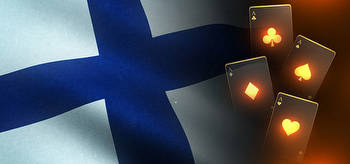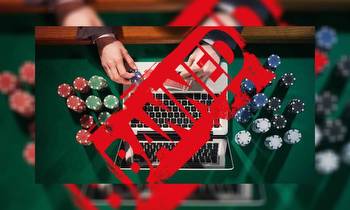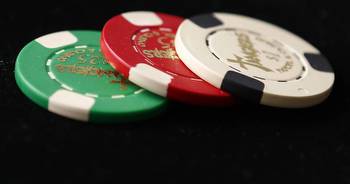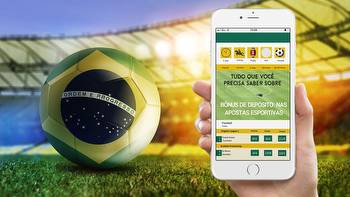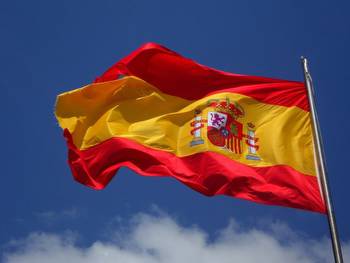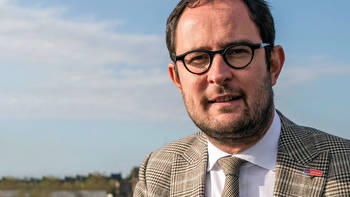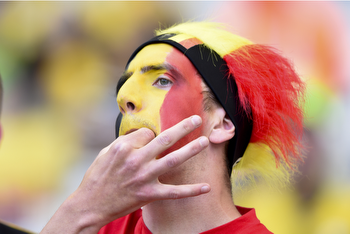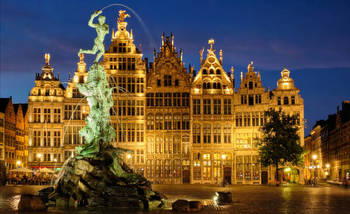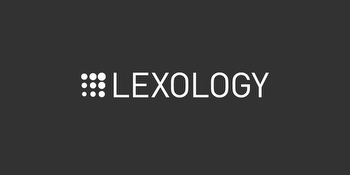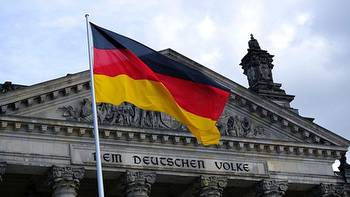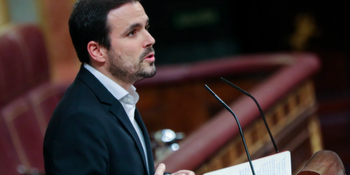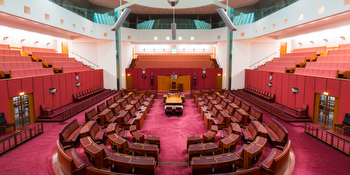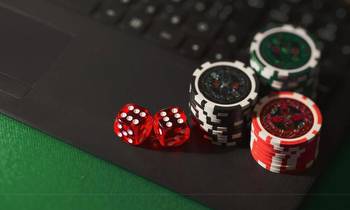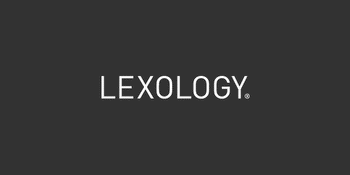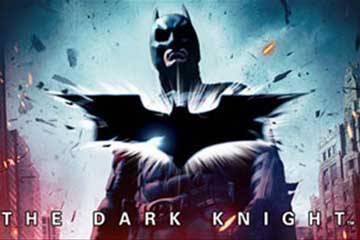Spain banishes private gambling advertising from all media
or the Spanish Government, this measure makes it possible to end gaming advertising at times or media that can easily reach Spanish teenagers. But the truth is that no Spaniard will have access to gambling advertisements operated by private companies, regardless of the age of the person sitting in front of a screen, but state lottery and gambling advertisements remain valid.
The core of the royal decree (approved in November) that seeks to put a stop to the promotion of casinos and online gambling and games of chance, is enforced as of Monday. Putting an end to the absence of regulation of an advertisement that the Minister of Consumer Affairs, Alberto Garzón, described as part of "the law of the jungle."
Ultimately, the authorities assure the protection of users from the risk of compulsive gambling and, above all, curb the influence on young people.
As of yesterday, August 30, there will be no announcements on radio or television about gambling, and it only allows the promotion of gambling in the early morning slot, from 1 to 5 in the morning. The measure will not only affect spot advertising, but also any other form of advertising or publicity, even the static of posters in stadiums or circuits, the uniforms of athletes, or the visual or audio of live broadcasts or of sports programs. It will also disappear from billboards and outdoor advertising. Sports sponsorships from gambling houses will be basically forbidden, and there will be no more companies in the names of clubs, stadiums, or competitions, or on the sports jerseys.
The grace period of up to ten months since the enforcement of the royal decree was established so that companies, media, and internet operators could make the necessary technical, contractual, and economic adaptations.
Since November 4, the date the regulation comes into force, no new contract can break the provisions of the decree, but the transitional period was established for the termination or non-renewal of those that were already in force.
The department that Garzón directs predicts that the banishment of said advertisements at dawn can practically eliminate the gaming advertising in Spain. But what is already clear is the impact of the reform on sponsorships.
In the first two league games, the names of bookmakers have disappeared from all the sports jerseys, which was the main advertising method of more than half of the First and Second Division clubs, to the point that at least four teams wear their jerseys blank. The gap left by the operators has been covered in several squads by cryptocurrency and digital economy firms.
The restrictions of the decree began to be enforced in April when any celebrity or 'influencer', such as Cristiano Ronaldo, Neymar, Nadal, and many others, were prohibited from promoting poker games, casinos, or gambling.
And it continued in May, when online advertising for these types of companies was banned, and when the inclusion in ads, or in any other tool for attracting players and promotional bonuses was also prohibited. Both actions were relegated to their own websites and to already registered clients.
The transitional period for the application of the reform also had a legal motivation. It sought to give companies enough time to modify the market in an orderly manner and thus avoid appeals for defenselessness against the harsh sanctioning chapter that it incorporates.
As of now, breaches of the decree are considered serious infractions and those responsible can be punished with fines of 100,000 to 1,000,000 euros and operation suspension for up to six months.








